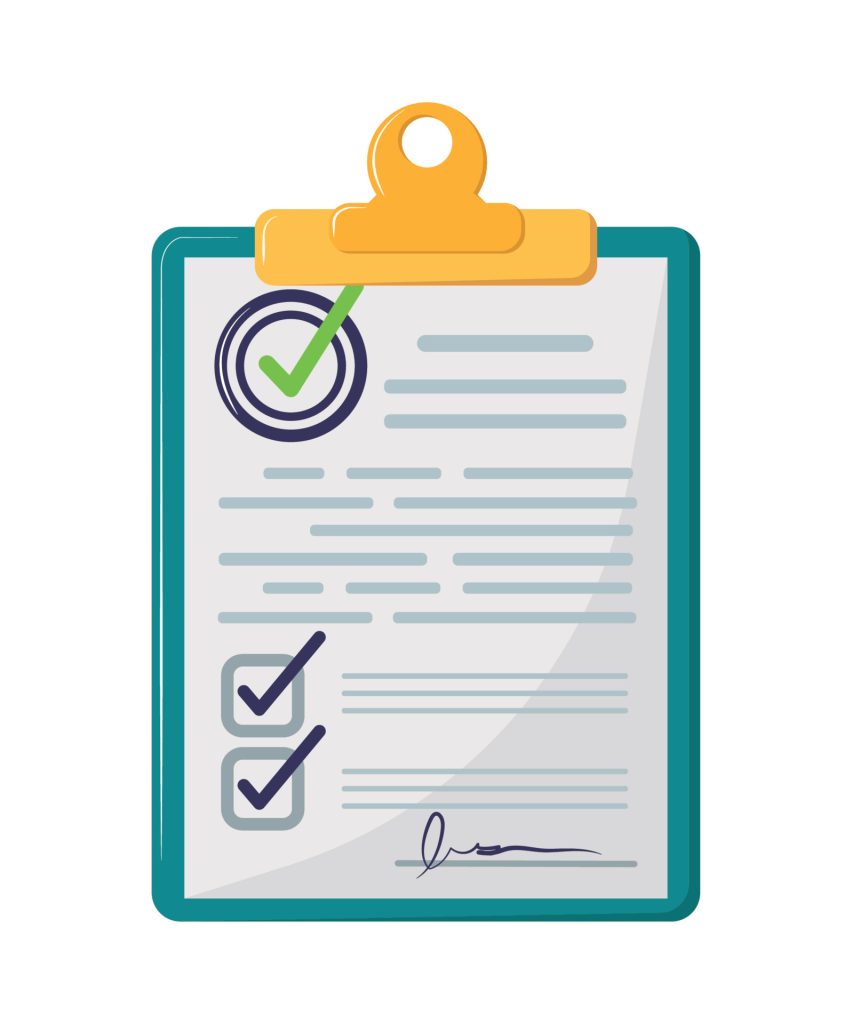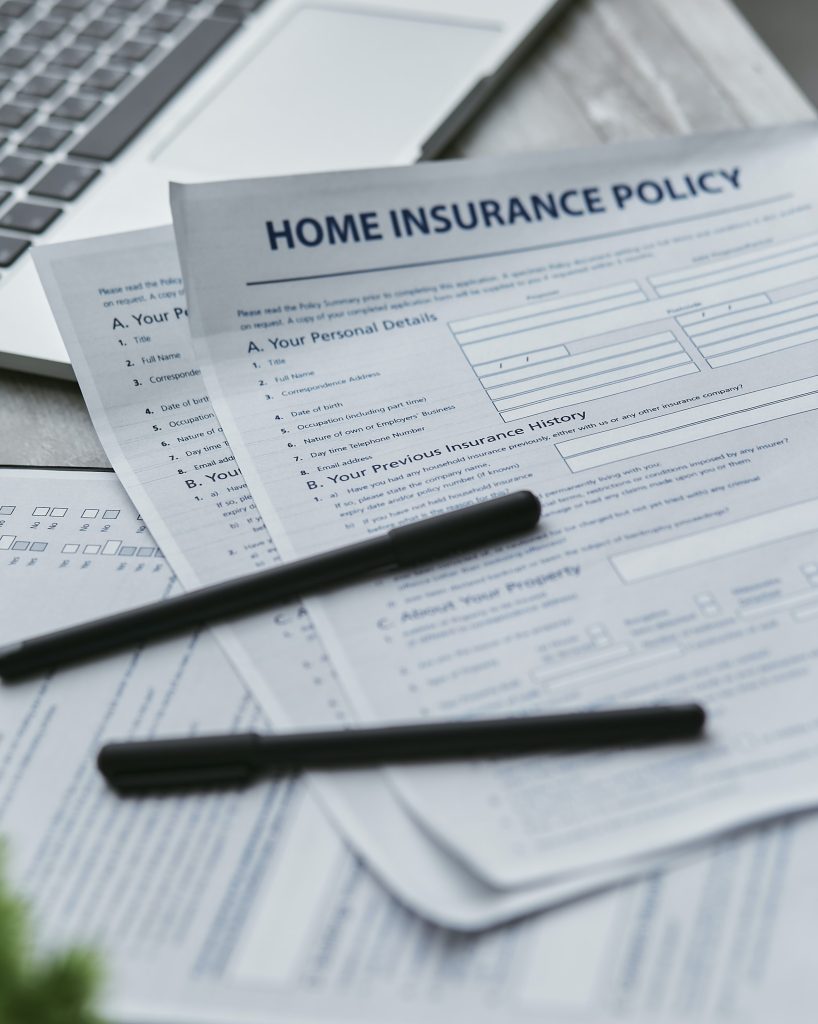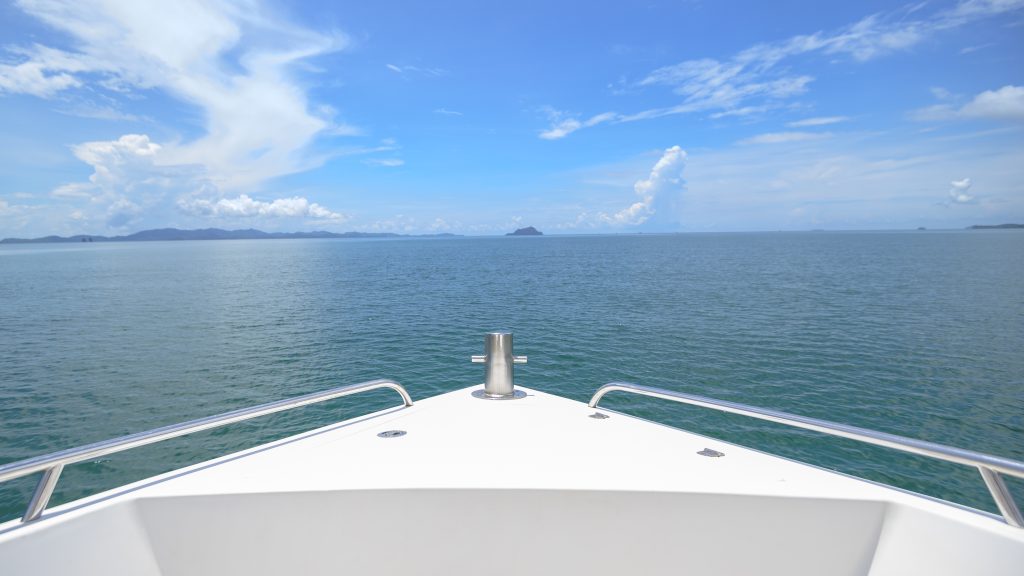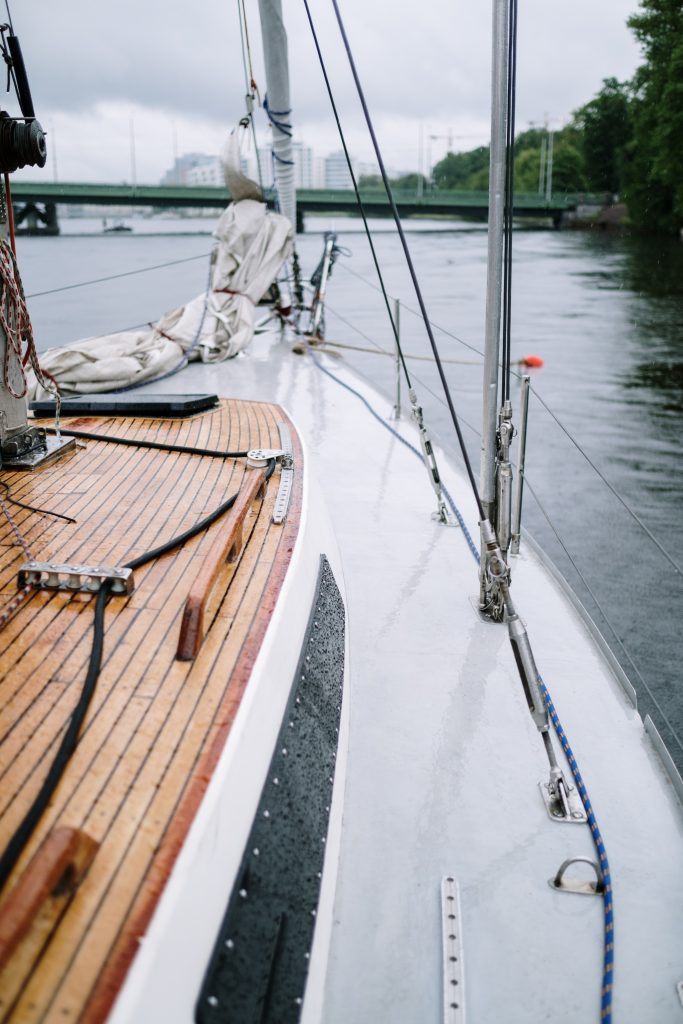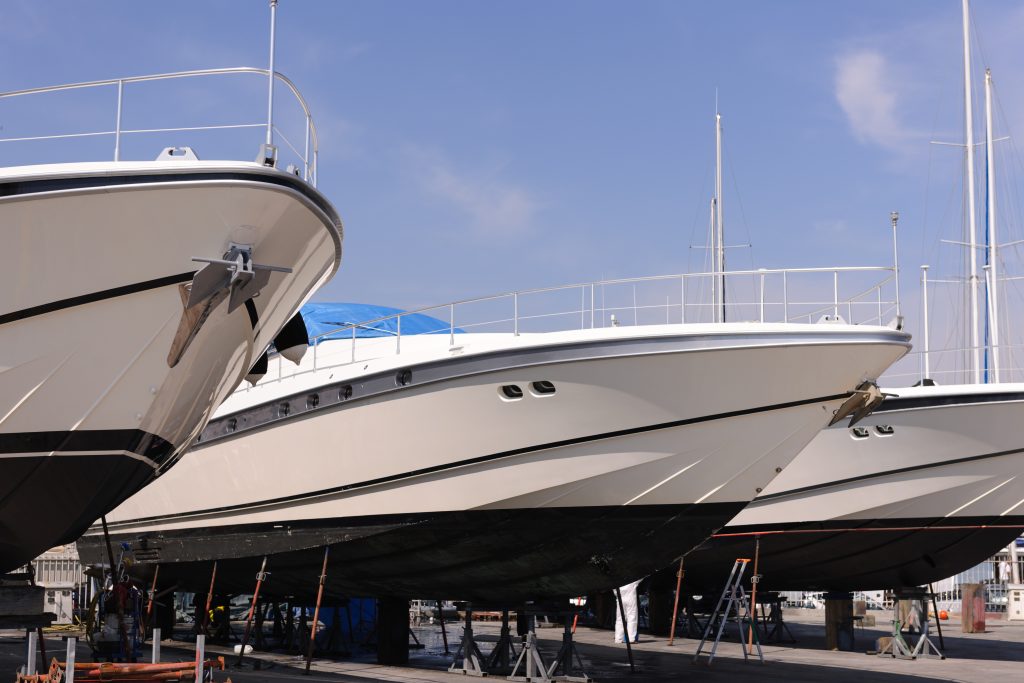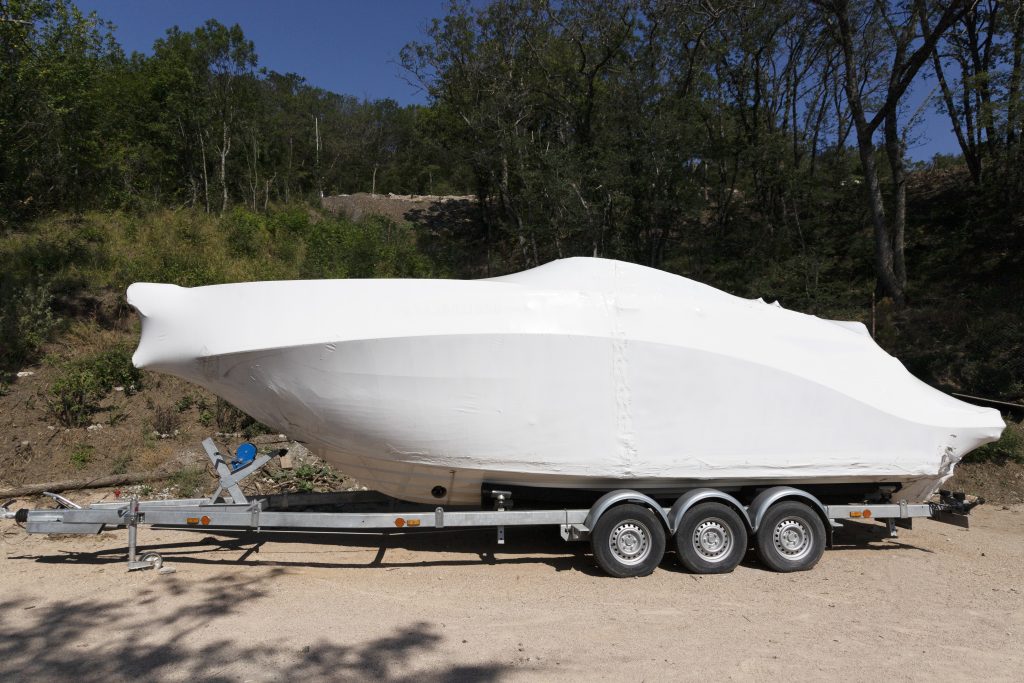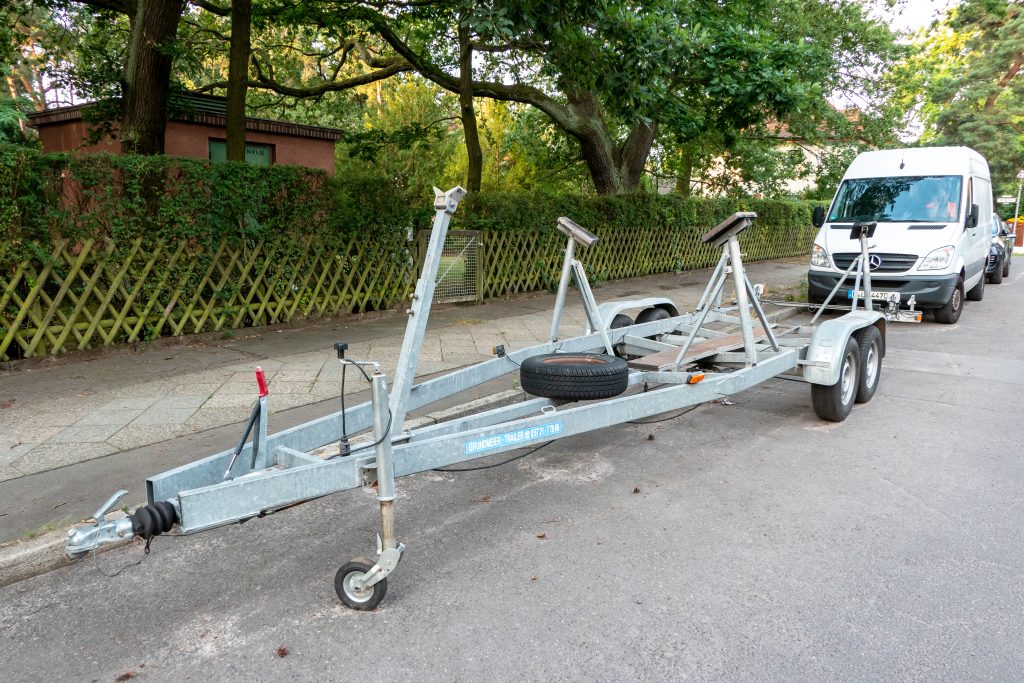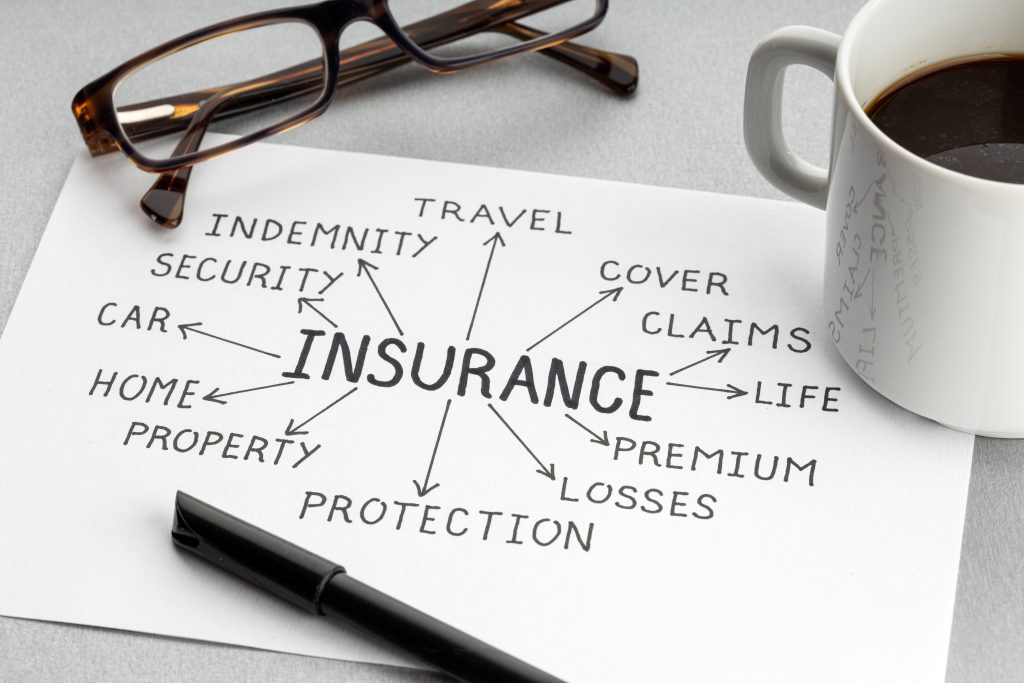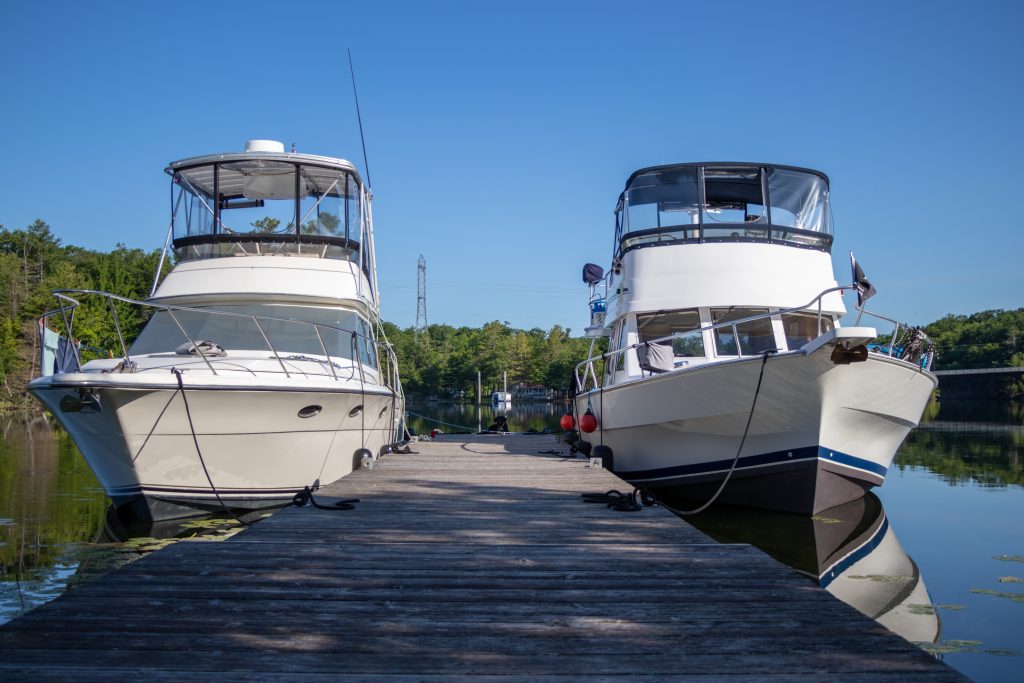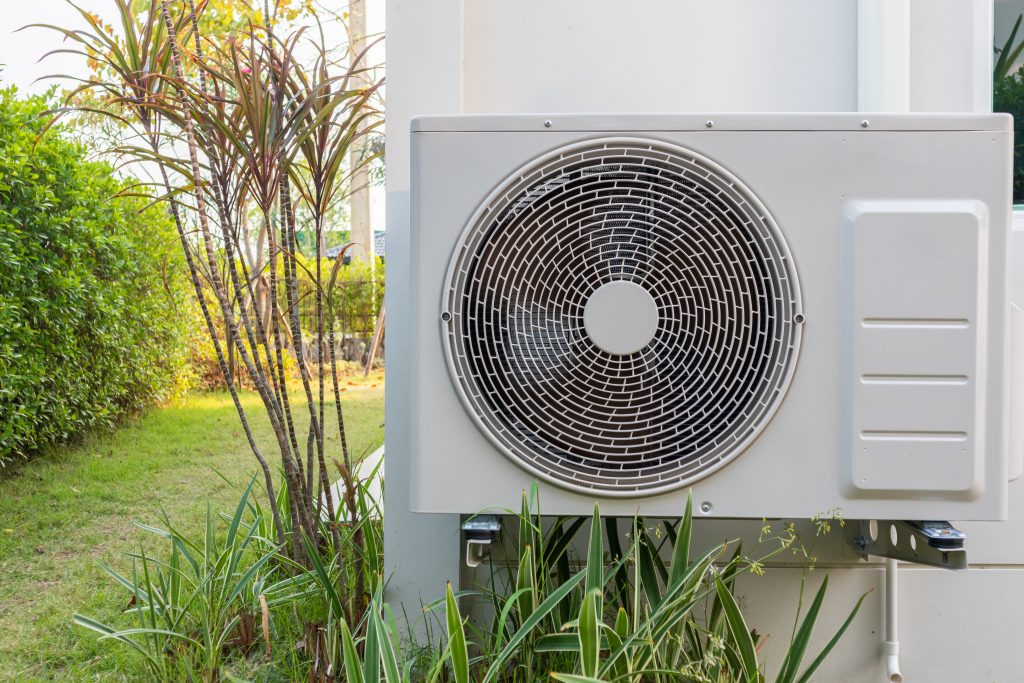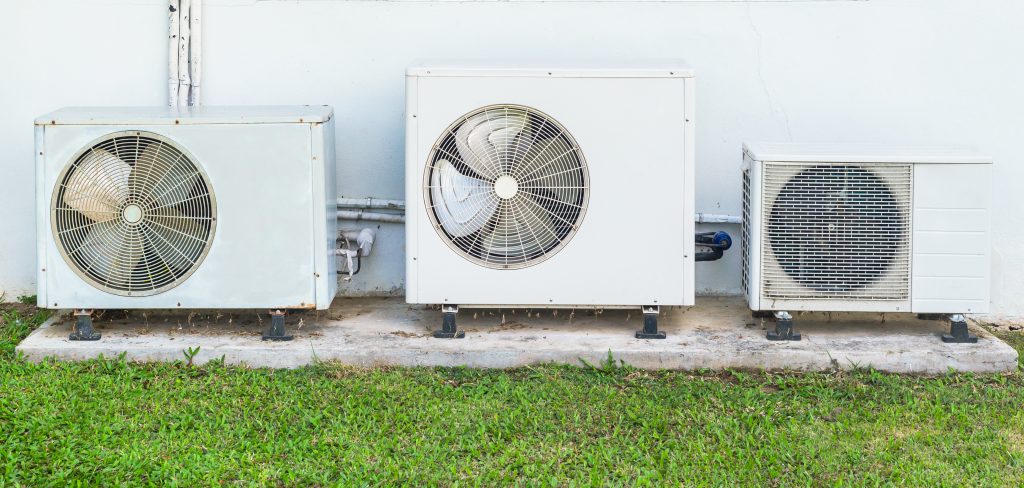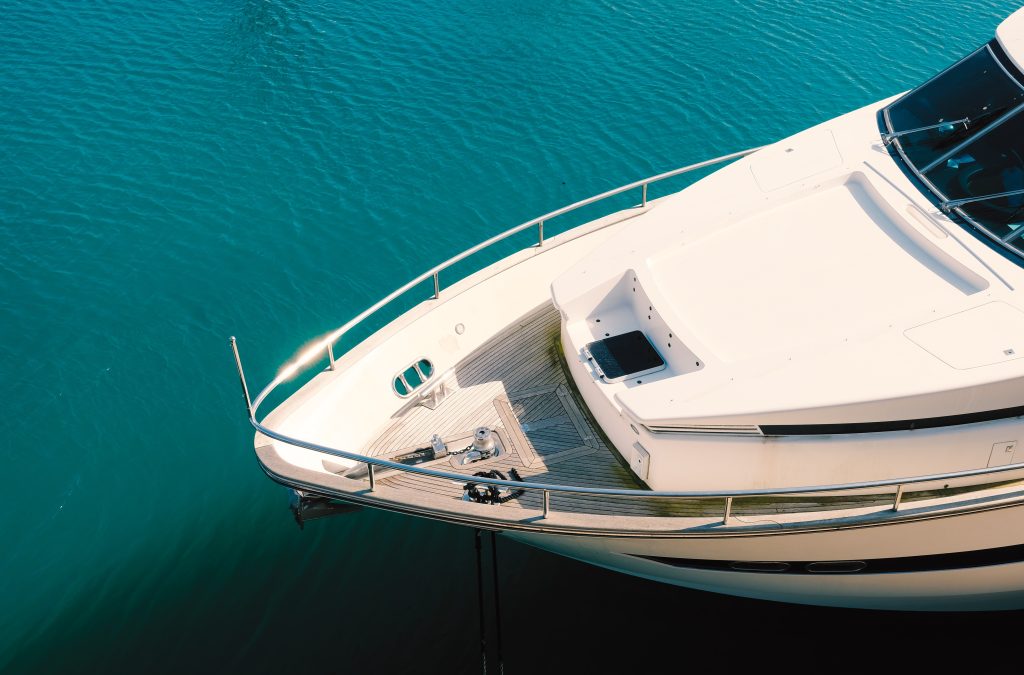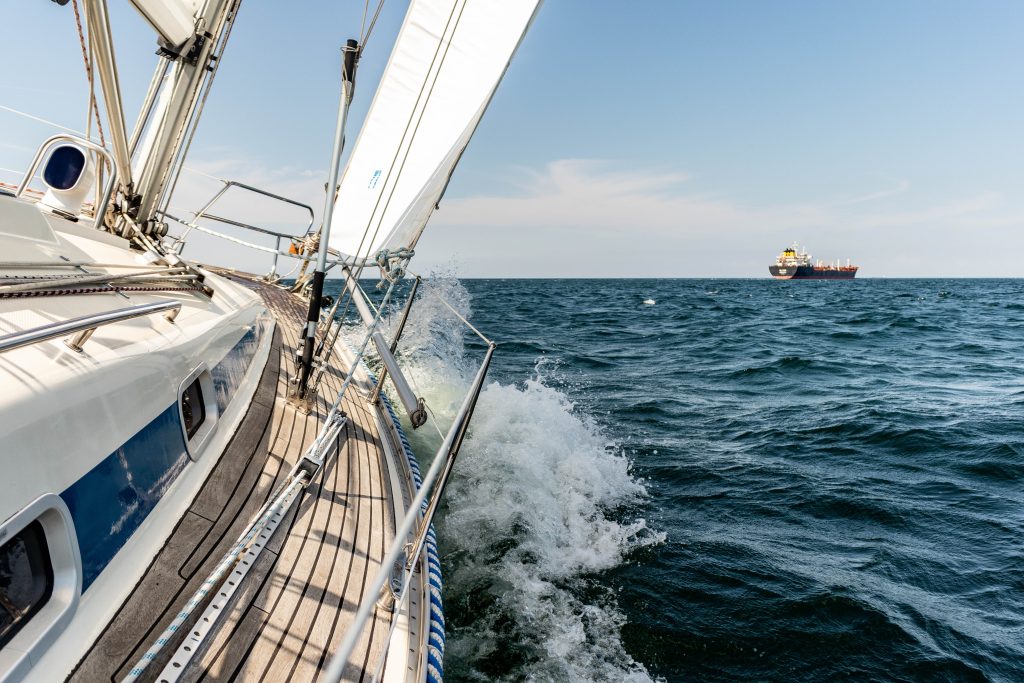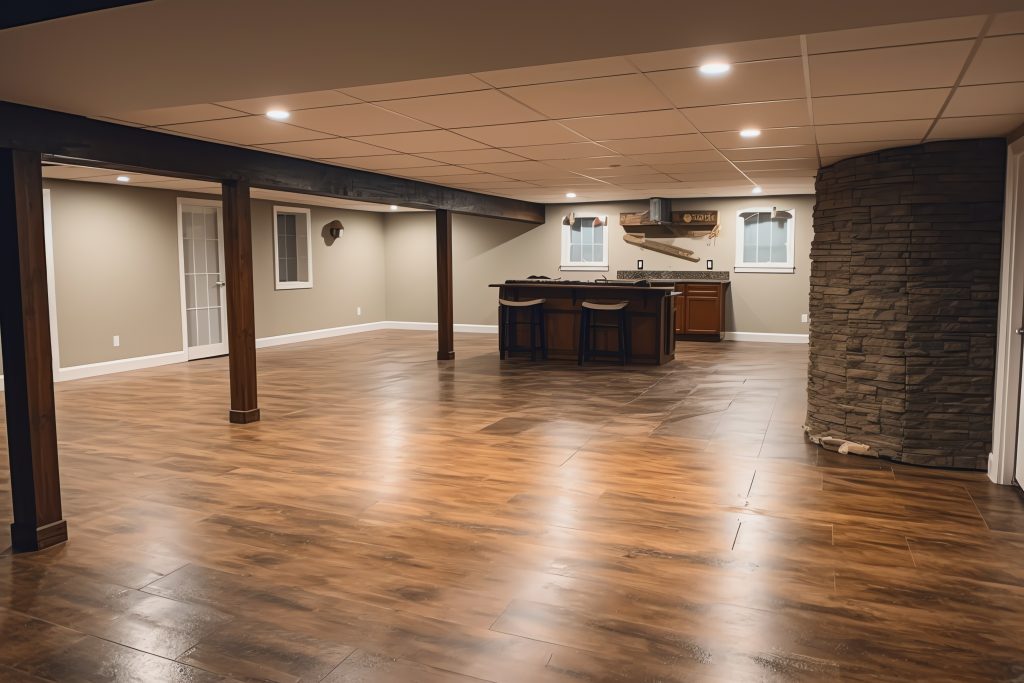
Homeowners insurance is an essential safeguard for homeowners, providing financial protection in the face of unexpected damages or losses. One common concern among homeowners is whether their insurance policy covers the costs associated with basement waterproofing. Given the vulnerability of basements to water damage, understanding the extent of coverage provided by homeowners insurance policies is crucial. We will explore the topic of basement waterproofing in detail, delve into the coverage provided by homeowners insurance policies, and offer insights to help homeowners make informed decisions about protecting their properties.
The Importance of Basement Waterproofing
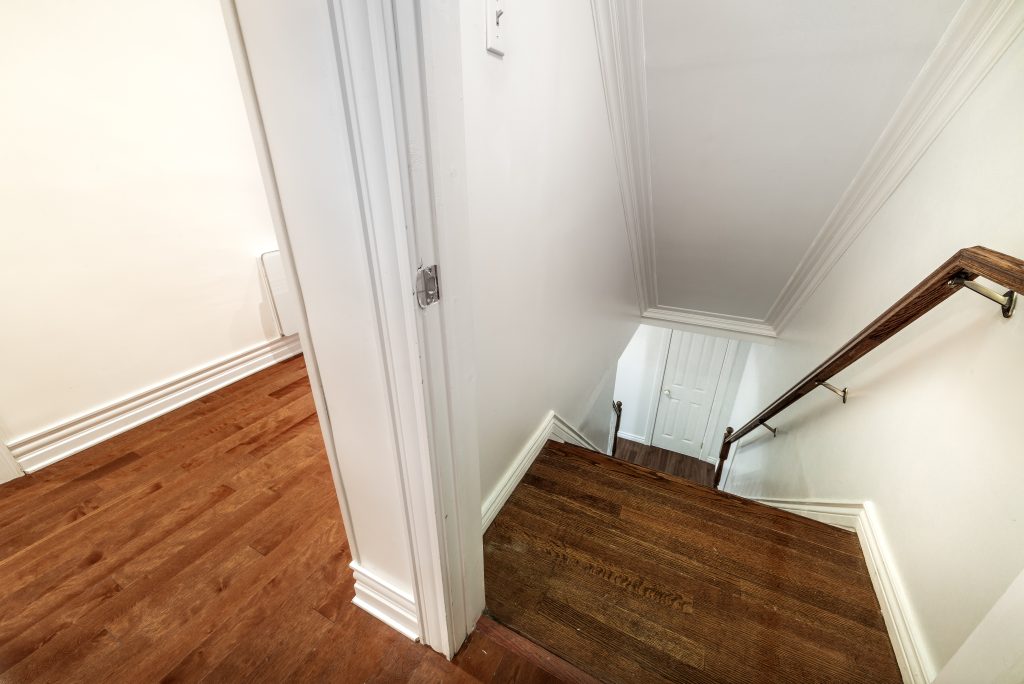
Basements are a valuable part of many homes, providing additional living space or storage areas. However, they are also prone to water intrusion and flooding due to being below the ground. This makes basement waterproofing a vital preventive measure. By waterproofing the basement, homeowners can protect their property investment, preserve the structural integrity of the home, and create a safe and healthy living environment.
Basement waterproofing involves various techniques, such as sealing cracks, installing proper drainage systems, and applying waterproof coatings on walls and floors. These measures help to prevent water from seeping into the basement, mitigating the risk of water damage and associated problems like mold growth and structural deterioration.
Standard Homeowners Insurance Coverage
Standard homeowners insurance policies are designed to provide coverage for sudden and accidental perils, such as fire, theft, or windstorm damage. As such, basement waterproofing, which falls under preventive maintenance, is typically not covered by these policies. Insurance companies view basement waterproofing as the responsibility of the homeowner to mitigate potential risks before they occur.
It is important to note that insurance policies are not intended to cover routine maintenance or pre-existing issues. Therefore, if a homeowner discovers water damage or a leaky basement as a result of neglecting proper maintenance or failing to address existing issues, insurance coverage may be denied. It is crucial for homeowners to understand their policy’s terms and conditions and take proactive steps to maintain their basements.
Coverage for Water Damage
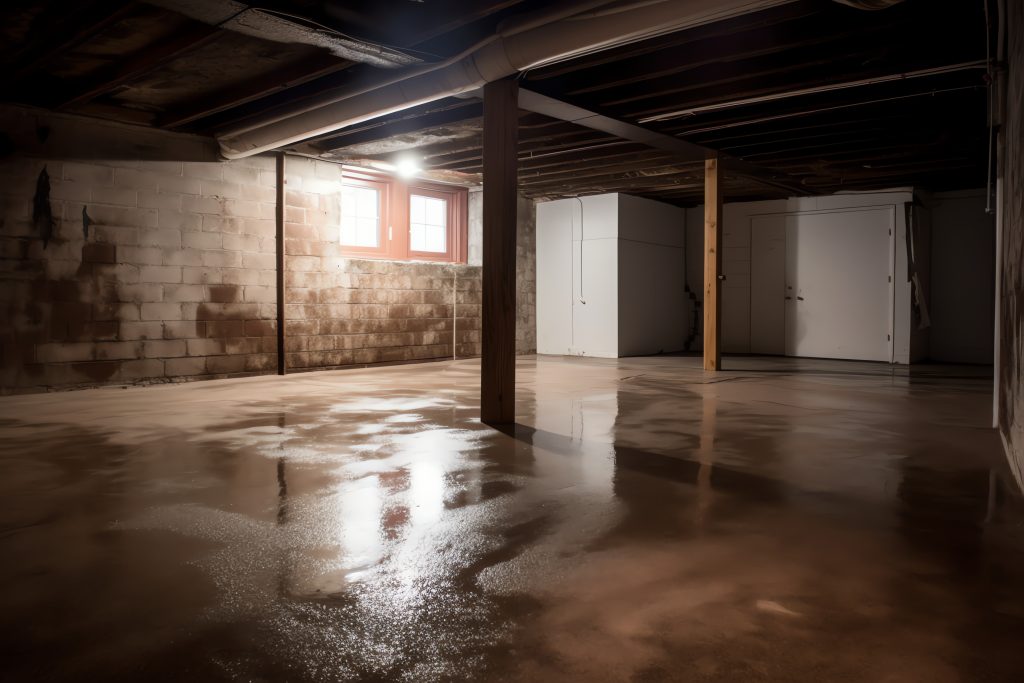
Although basement waterproofing itself may not be covered, homeowners insurance often includes coverage for water damage resulting from specific incidents. If a sudden and unforeseen event occurs, such as a burst pipe or a malfunctioning appliance, resulting in water damage to the basement, your insurance policy is likely to provide coverage for the resulting repairs.
The extent of coverage for water damage can vary depending on the insurance policy and its specific provisions. It is essential to review your policy carefully to understand the coverage limits, deductibles, and exclusions related to water damage. Some policies may cover the cost of repairing the water damage, while others may also provide coverage for personal belongings damaged by water.
Additional Coverage Options
While standard homeowners insurance may not cover basement waterproofing, it is worth exploring additional coverage options to protect against water-related perils that can affect the basement. Some insurance companies offer endorsements or add-ons that provide coverage for specific perils like sewer backups or sump pump failures, which are common causes of basement flooding.
Sewer backup coverage typically provides financial protection if sewage backs up into your basement, causing damage. Sump pump failure coverage helps cover the costs associated with water damage resulting from the failure of a sump pump system. These optional coverages can be valuable additions to your policy, giving you added peace of mind and protection against potential risks.
To determine the availability of these additional coverages and their costs, it is advisable to consult with your insurance agent. They can guide you through the options and help you understand the benefits and limitations of each endorsement or add-on. Keep in mind that these coverages may have specific conditions or exclusions, so carefully review the policy details before making a decision.
Preventive Measures and Maintenance
While insurance coverage plays an important role in protecting against water damage, homeowners should also take proactive measures to prevent basement flooding and maintain their property.
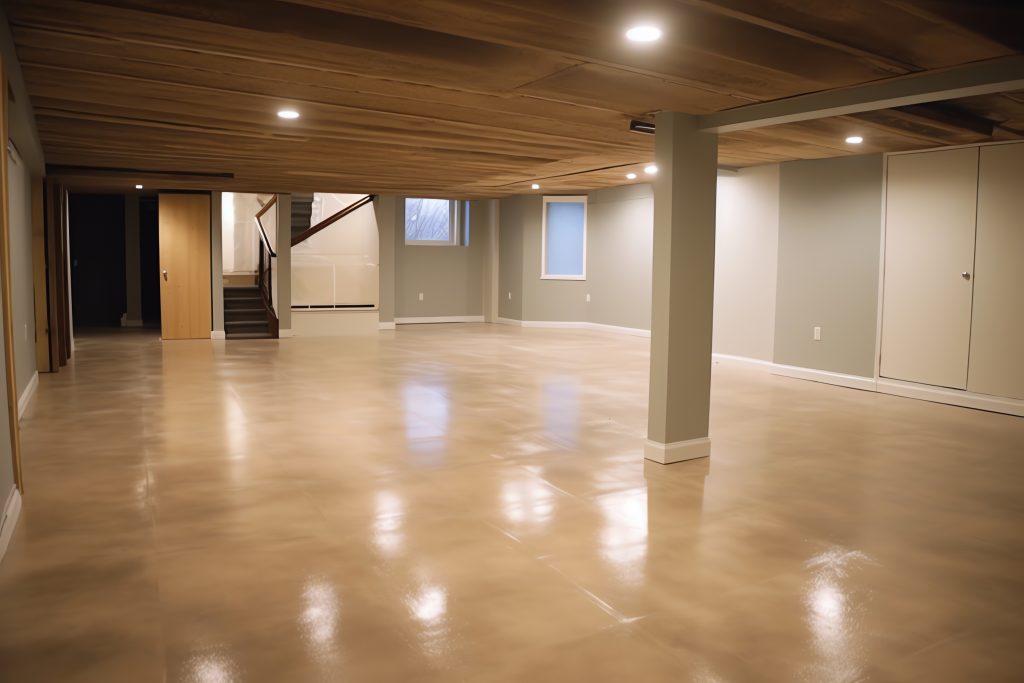
Proper Grading: Ensure that the ground around your home slopes away from the foundation to prevent water from pooling against the basement walls. This helps direct water away from the house and reduces the risk of water seepage.
Gutters and Downspouts: Regularly clean and maintain your gutters and downspouts to ensure proper water drainage. Clogged gutters can overflow and direct water towards the foundation, increasing the chances of basement flooding.
Foundation Sealing: Inspect the foundation for cracks or gaps and seal them properly to prevent water infiltration. Consider applying waterproof coatings or sealants to protect basement walls and floors.
Sump Pump Maintenance: If your home has a sump pump, ensure it is functioning correctly by testing it regularly and keeping the pit clean. Consider installing a battery backup system to ensure operation during power outages.
Plumbing Maintenance: Address any plumbing issues promptly, such as leaky pipes or fixtures, to prevent water damage. Regularly inspect your plumbing system and seek professional help if needed.
Regular Inspections: Periodically inspect your basement for signs of water damage, such as dampness, mold, or musty odors. Early detection allows for prompt action, preventing further damage and potential insurance claims.
Contact Sound Choice Insurance Today
While basement waterproofing is generally not covered under standard homeowners insurance policies, understanding the terms and conditions regarding water damage coverage is crucial. Taking preventive measures, investing in additional coverage options where available, and consulting with insurance experts can help homeowners protect their basements and overall property effectively.
For all your homeowners insurance needs in Morehead City, North Carolina, Sound Choice Insurance is here to help. Our team of knowledgeable experts specializes in providing comprehensive insurance solutions tailored to your specific requirements. Contact us today to learn more about how we can assist you in securing the right homeowners insurance coverage for your home!


